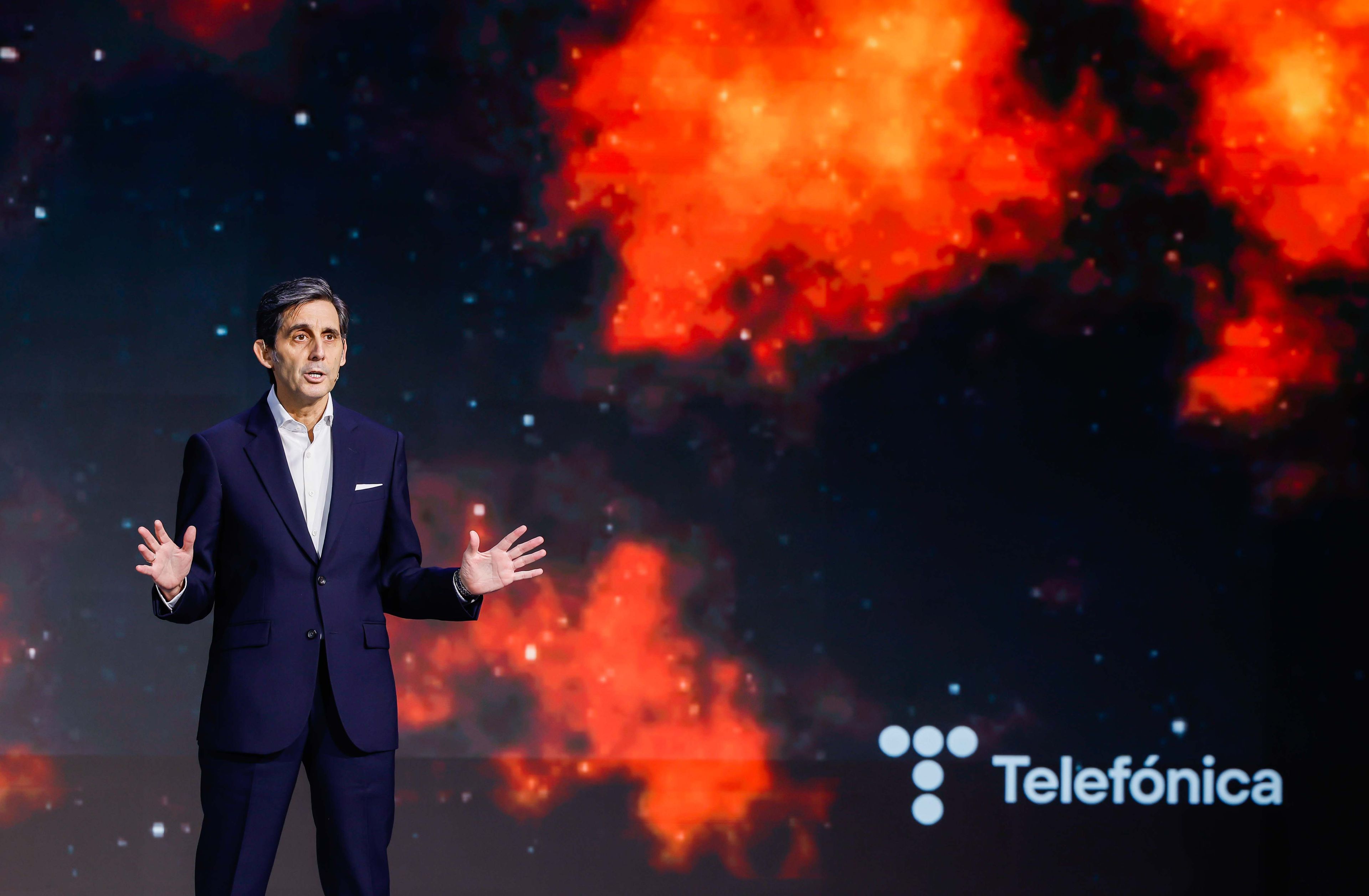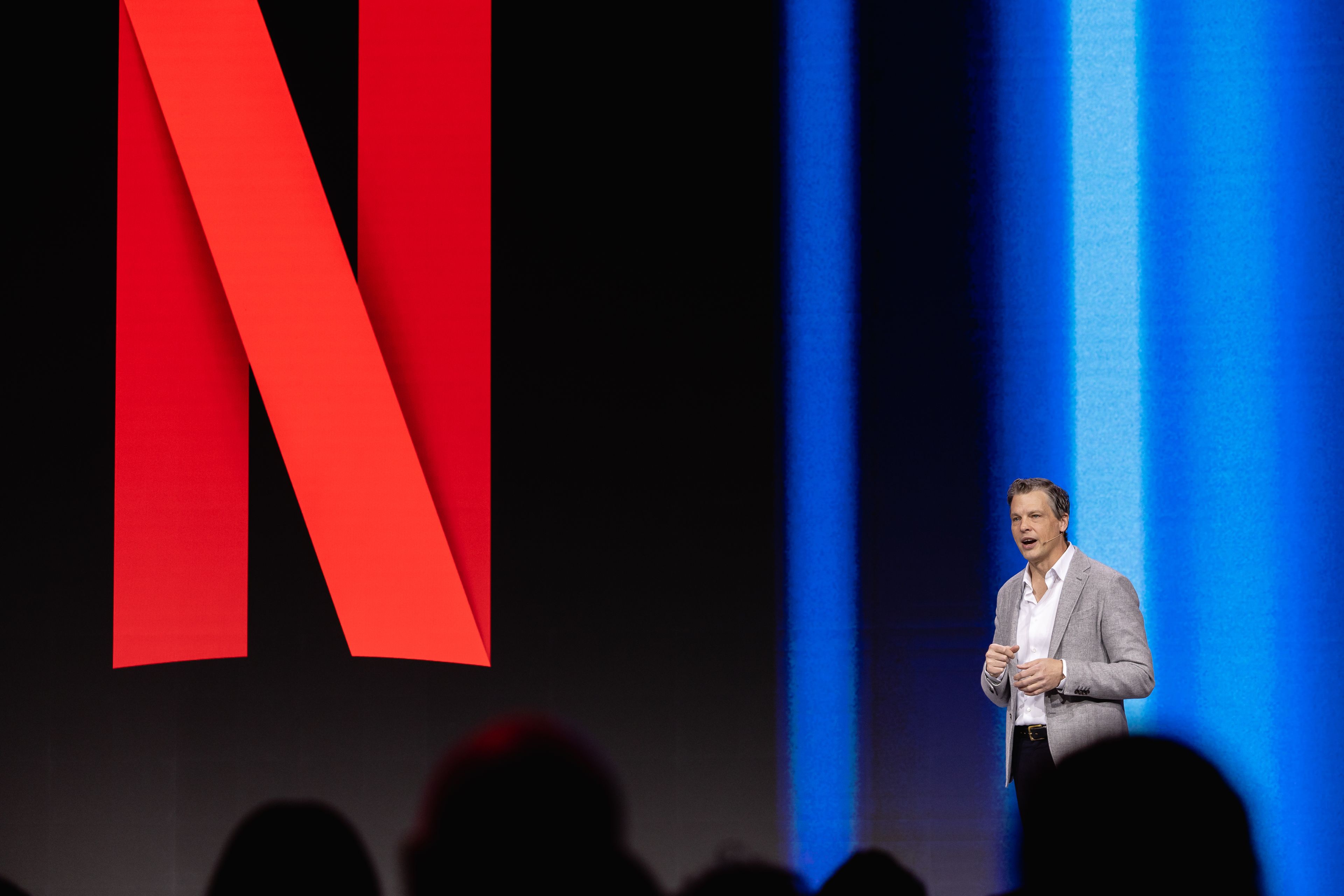[ad_1]
As our fellow Business Insiders told us this week, Telefónica, Vodafone and Orange among others have raised the tone in the last week to demand that the Internet giants assume part of the financing of the new networks for the use they make of them.
And it is that telecommunications companies around the world, but especially in Europe, are not happy with being forced to assume most of the costs of the ongoing digital transformation. Providing the technology that companies like Netflix or Apple need to function is expensive.
Reports from Frontier Economics and Axon indicate that OTT traffic in telecommunications networks in the EU cost between 36,000 and 40,000 million euros per year to providers.
Telefónica, a Spanish multinational telecommunications company that operates in 12 countries in Europe and South America, asked through its president: “Shouldn’t the largest traffic generators contribute equitably to the cost of delivering their traffic to end customers?”

Netflix threatens to reduce its investments in content creation Europe
In a nutshell, ISPs are concerned that sustained traffic growth driven by content providers like Netflix o Disney, who keep producing more and more shows and movies, has already put enormous pressure on their networks, which the ISPs themselves have to improve.
However, Netflix will not allow it. Speaking with him at Mobile World Congress in Barcelona, Peters didn’t exactly deny acknowledging the problem, but he explained that forcing content providers to subsidize ISPs would limit their ability to invest in high-quality content.

Although you could probably spend a long, dark night arguing about the quality of Netflix content, Peters added that the unfortunate tradeoff would hurt local creative communities across Europe.. Streaming in danger by this measure, he came to say.
And he also denied that traffic costs were increasing. According to Peters, traffic has consistently increased by around 30% per year, but ISPs have managed the increased usage efficiently while their costs have remained stable. This war is going long.
[ad_2]





Leave a Reply